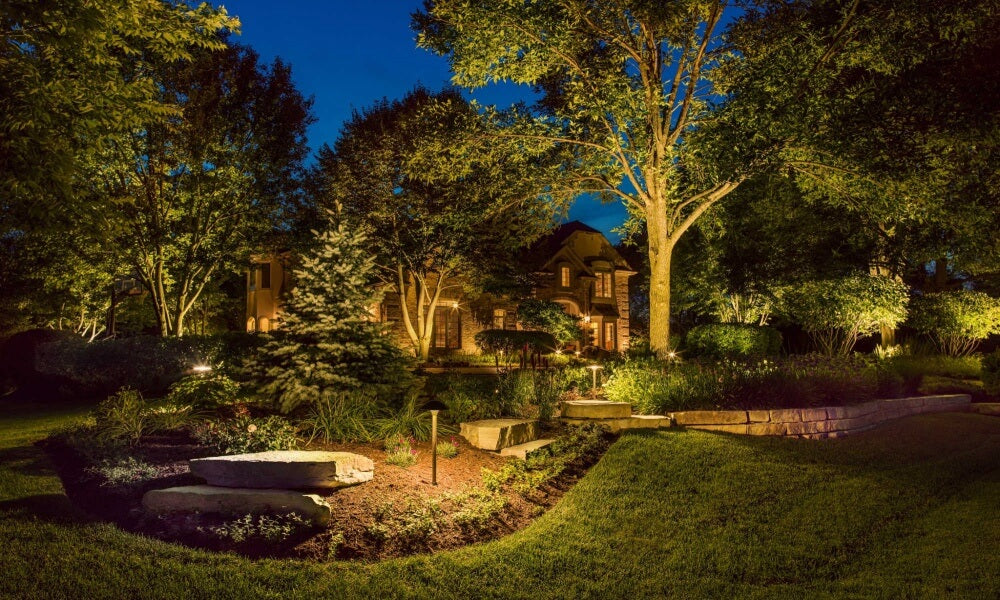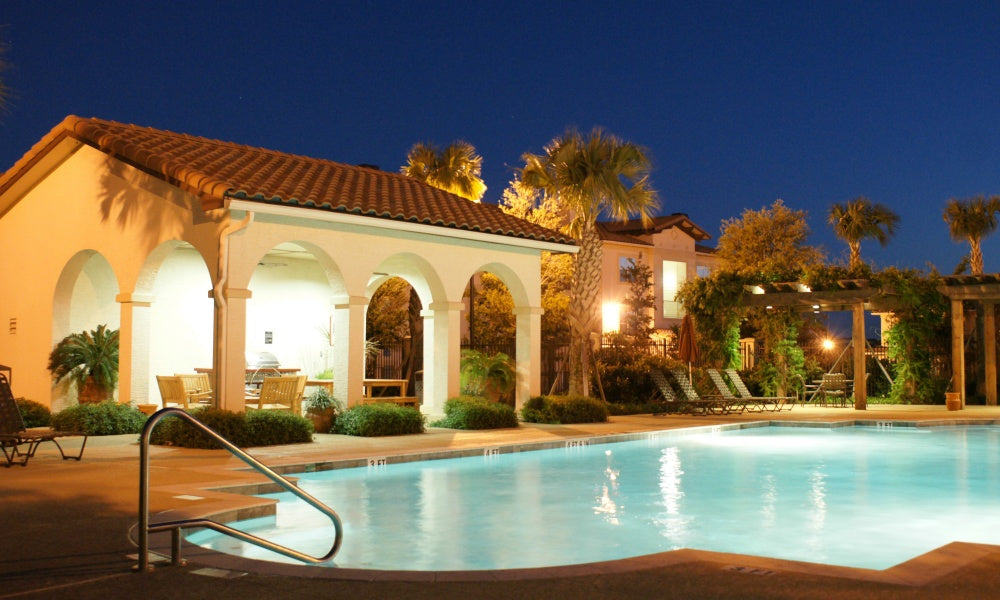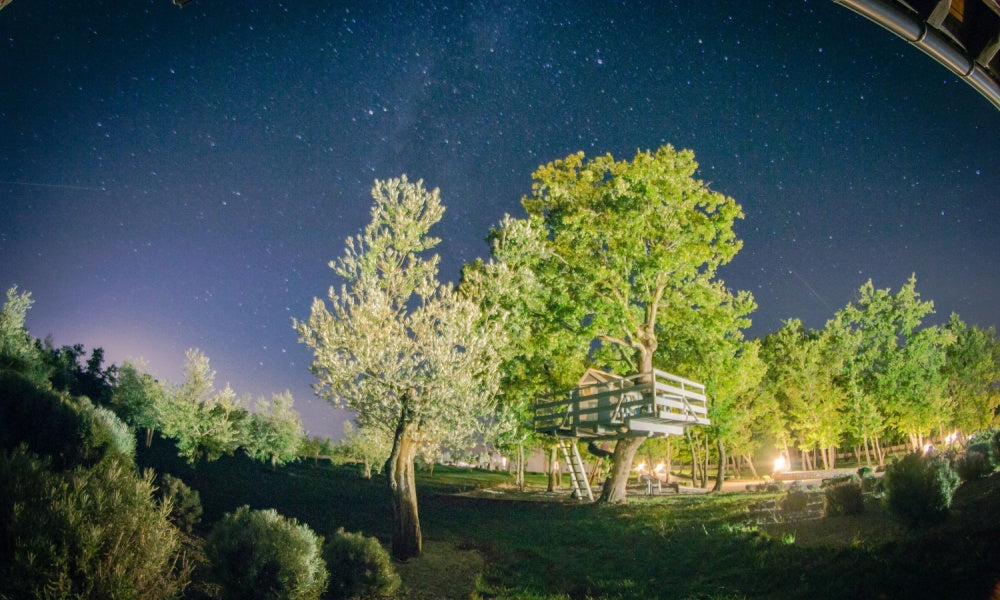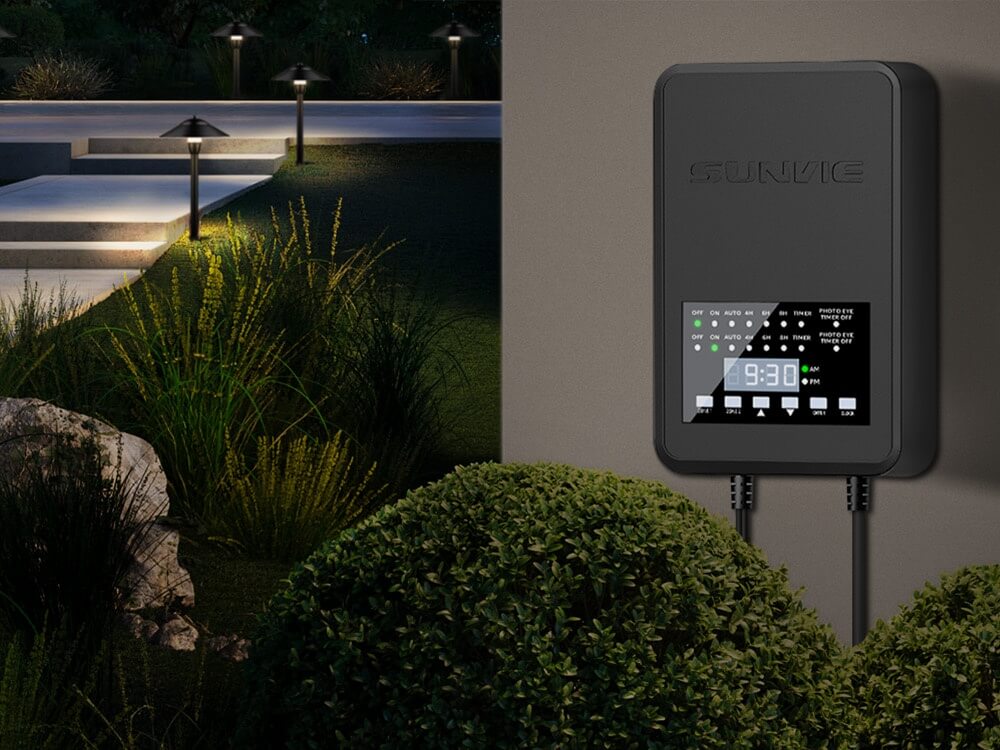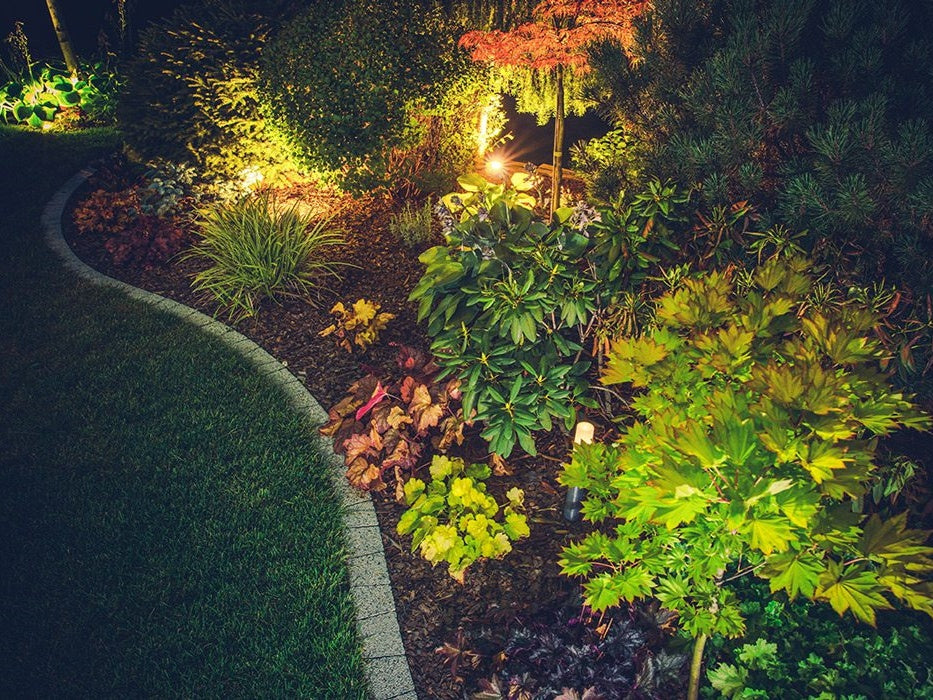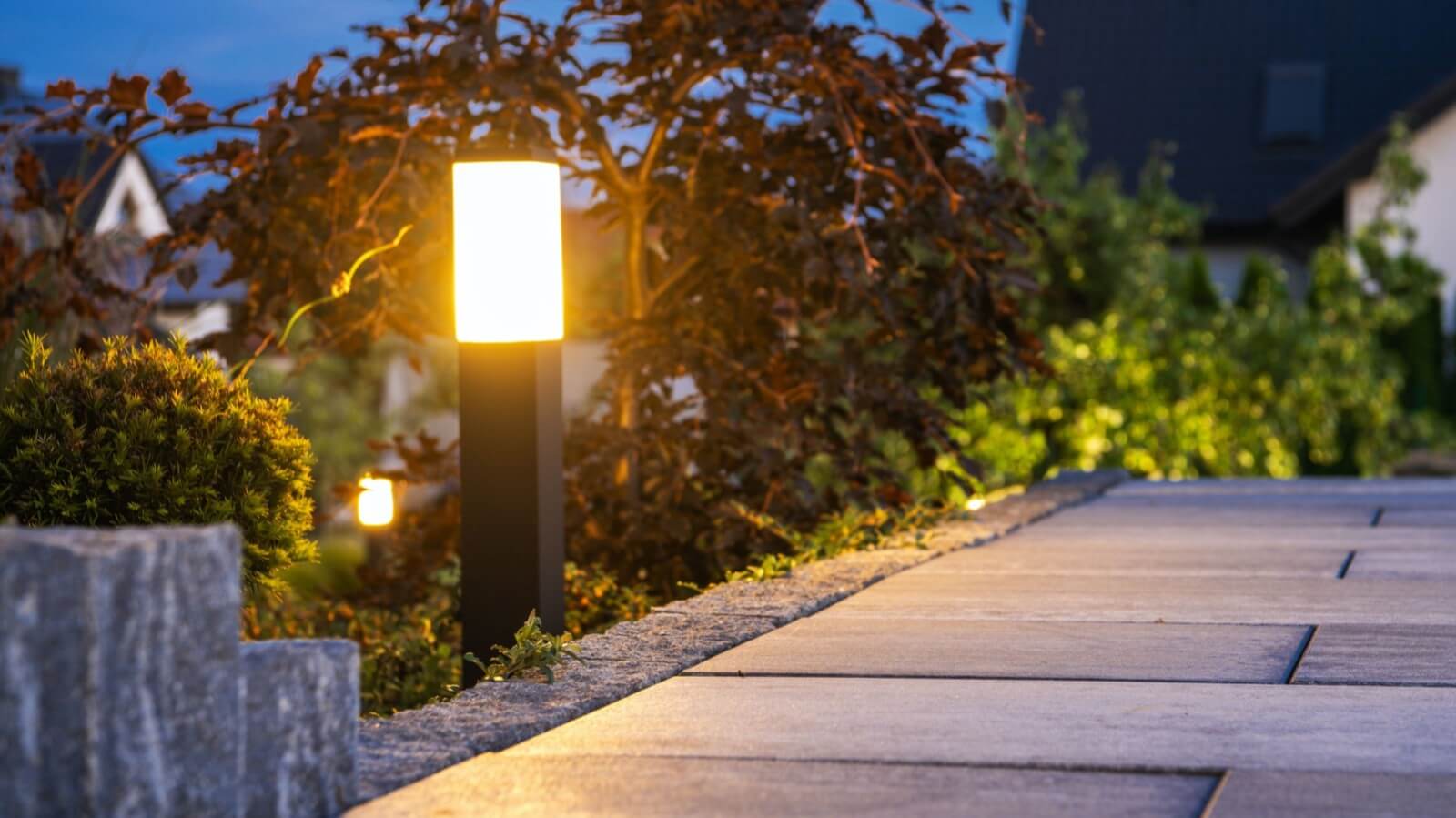
Why Most Garden Lights Operate at 12V
Garden lights are a fantastic addition to any outdoor space, enhancing aesthetics and functionality both day and night. They offer security, create ambiance, and can even support plant growth. Installing garden lights can significantly improve the enjoyment of your outdoor area, especially after sunset.
The Standard Voltage for Garden Lights
When it comes to garden lighting, 12V is the standard voltage. But what makes this voltage so popular? In this article, we’ll explore the reasons why most garden lights are designed to operate at 12V and the advantages they offer.

Understanding Garden Light Voltage
Most garden lights utilize low voltage electricity, primarily operating at 12 volts. This voltage is considered safe for residential use and poses minimal risk to plants. However, it’s always wise to check individual product specifications to ensure they meet your requirements.
Why Use 12V for Garden Lights?
-
Efficiency: 12V lights are generally more efficient than higher-voltage options. They draw less current, which translates to lower power consumption and reduced heat generation. This efficiency is particularly beneficial for outdoor applications where safety is a priority.
-
Durability: Because they operate at a lower current, 12V lights are less prone to overheating, making them more durable and reliable over time.
-
Safety: The low voltage minimizes the risk of electric shock, making these lights safer around people and pets.
-
Standardization: Many countries have adopted 12V as the standard voltage for outdoor lighting, ensuring compatibility across various fixtures and designs.
Advantages and Disadvantages of 12V Outdoor Lights

Advantages:
- Increased Safety: Lower voltage reduces the risk of electrical hazards.
- Ease of Installation: They are simpler to set up compared to higher-voltage systems.
- Low Maintenance: These lights typically require less upkeep.
- Energy Efficiency: They consume less power, leading to lower electricity bills.
- Longer Lifespan: 12V bulbs generally have a longer operational life.
- Eco-Friendly: Reduced energy consumption benefits the environment.
Disadvantages:
- Transformer Requirement: A transformer is necessary to convert standard voltage to 12V.
- Lower Brightness: They may not be as bright as higher-voltage lights.
- Dimming Challenges: Dimming options can be limited.
- Availability: Some light fixtures may only be offered in high-voltage options.

Explore SUNVIE's 12V Garden Lights
If you’re in the market for high-quality 12V garden lights, look no further! The Outdoor Lights Store features an extensive selection of outdoor lights in various styles and colors, perfect for any occasion—be it festive decorations or atmospheric evening gatherings.
Conclusion
12V garden lights are a popular choice due to their cost-effectiveness, energy efficiency, and ease of installation. They are compatible with a wide range of fixtures, allowing for personalized designs that enhance your garden’s appeal. For an affordable and versatile lighting solution, consider using 12V lights in your outdoor space.
